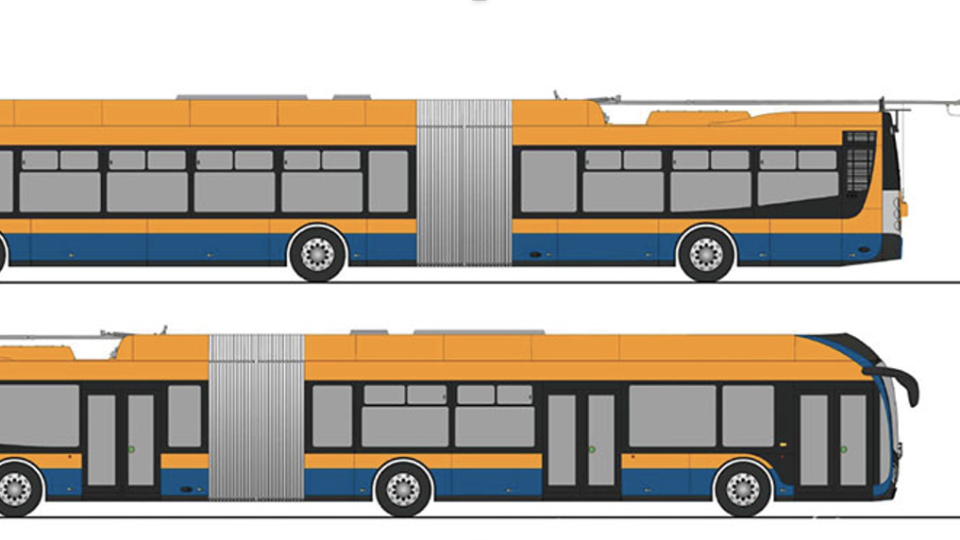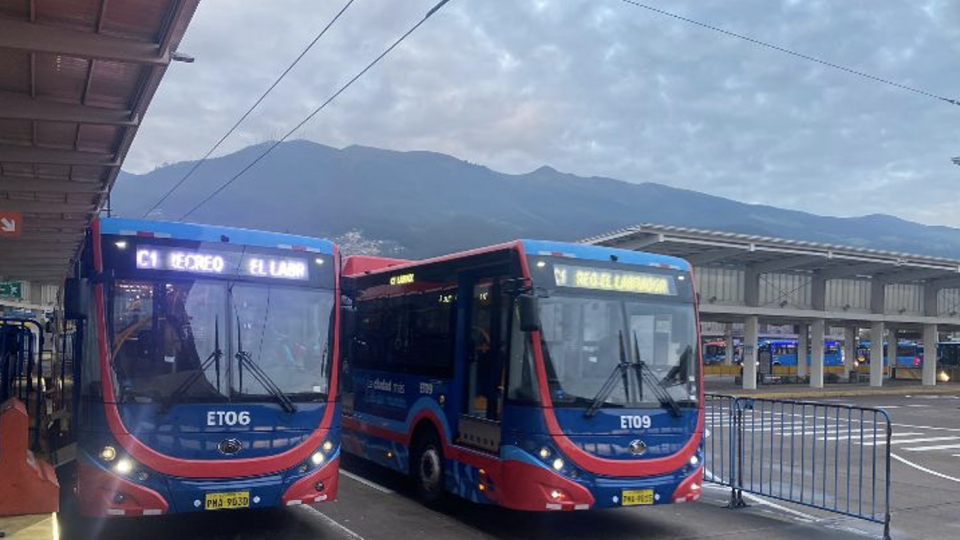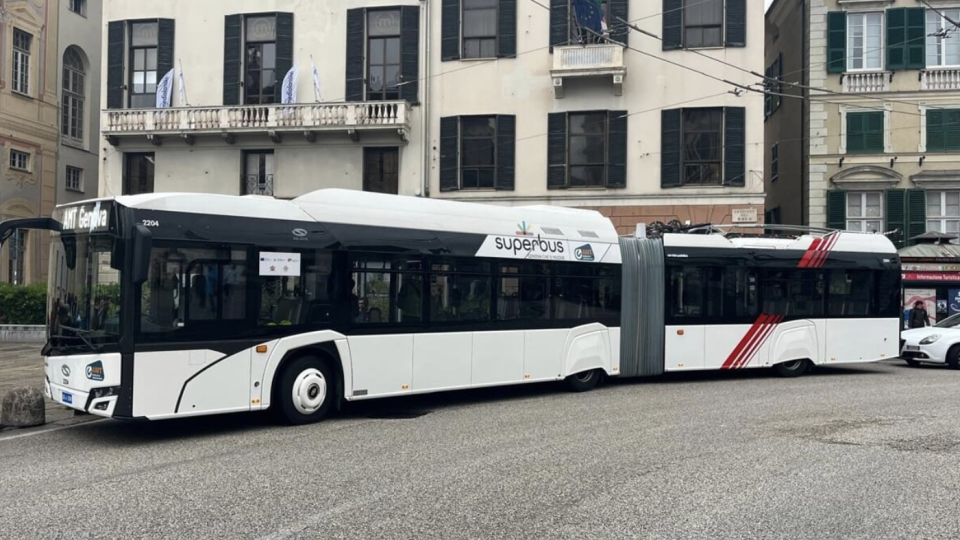The new tramways for Lille come from Alstom
The French metropolitan city of Lille and Mel, manager of the transport network, have chosen Alstom as their supplier for the replacement of the low-floor trams produced in the 1990s by Breda. Alstom will build 24 new low-floor trams (with an option for 6 more), which will enter into service in 2026. The Metropolitan Council […]

The French metropolitan city of Lille and Mel, manager of the transport network, have chosen Alstom as their supplier for the replacement of the low-floor trams produced in the 1990s by Breda. Alstom will build 24 new low-floor trams (with an option for 6 more), which will enter into service in 2026.
The Metropolitan Council approved on 19 October 2023 the signing of the contract for the renewal of trams with Alstom for a total amount of EUR 124.8 million. This will improve the service offer with more modern and comfortable trains and a higher passenger capacity. Mel’s goal is to renew the fleet and increase the transport capacity of the tram network. The ‘Mongy’ (named in honour of the first designer Alfred Mongy) ) the metre-gauge tramway linking the French city of Lille (233,000 inhabitants) with the neighbouring towns of Roubaix and Tourcoing, will have a completely new fleet. The 24 low-floor Breda trams currently in service are now in need of a radical overhaul and, above all, can no longer meet a constantly growing demand for transport, as the cars now run almost to their capacity limit, especially on the Gare Lille Flandres – Romarin route. Mel expects the number of passengers on the two lines, especially on the Tourcoing branch, to increase to 60,000 daily users by 2034.
The new trams will be developed on the Citadis platform, realised in metre gauge for the first time, and will be longer, 5-module than the current rolling stock, 4-module articulated, with an interior layout with 30% more seats, a faster internal flow thanks to a different door distribution, USB ports, and fully air-conditioned in both the passenger and driver’s cab areas, and six passenger information videos.The new trams will be assembled in the Alstom factory in La Rochelle Some components will come from the Alstom factory in Valenciennes.
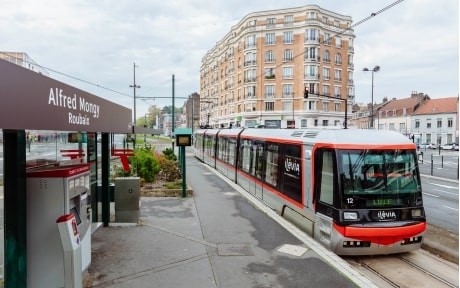
Lille’s tram network is one of the few that has survived in France after numerous cancellations, particularly in the 1950’s. Today, after a reversal that has revalued the tram, there are more than 20 tram networks in France. From its inauguration in 1909 to 1954, the line’s terminus was located at Place de la Liberté. It was later moved to Grand-Place de Roubaix, until the line was rebuilt in the 1990s and moved to its final location at the Eurotéléport.
The Lille – Roubaix section, originally known as Line 1, connects Lille Flandres station with the Eurotéléport in Roubaix. It shares the route with the Lille – Tourcoing tramway for 10 stops, The Lille – Tourcoing tramway line, originally named 1 bis, was inaugurated in December 1909. Originally, the line terminated at the Grand-Place in Tourcoing. In 1982, the terminus was moved to rue Carnot, before being placed at Tourcoing Centre, near the metro station.The Lille – Tourcoing tramway departs from the Gare Lille Flandre and passes through the towns of La Madeleine and Marcq-en-Baroeul, on the same route as the Lille – Roubaix line, then continues through Wasquehal and Mouvaux to terminate in Tourcoing.
“MEL is actively working to improve its public transport network. The renewal of the tram trains will contribute to this goal, offering users comfort, modernity and performance. The new tram will increase transport capacity by 20 per cent, meeting the needs of a constantly increasing passenger flow. We will invest almost €125 million in this project,’ commented Damien Castelain, President of the European Metropolitan City of Lille.
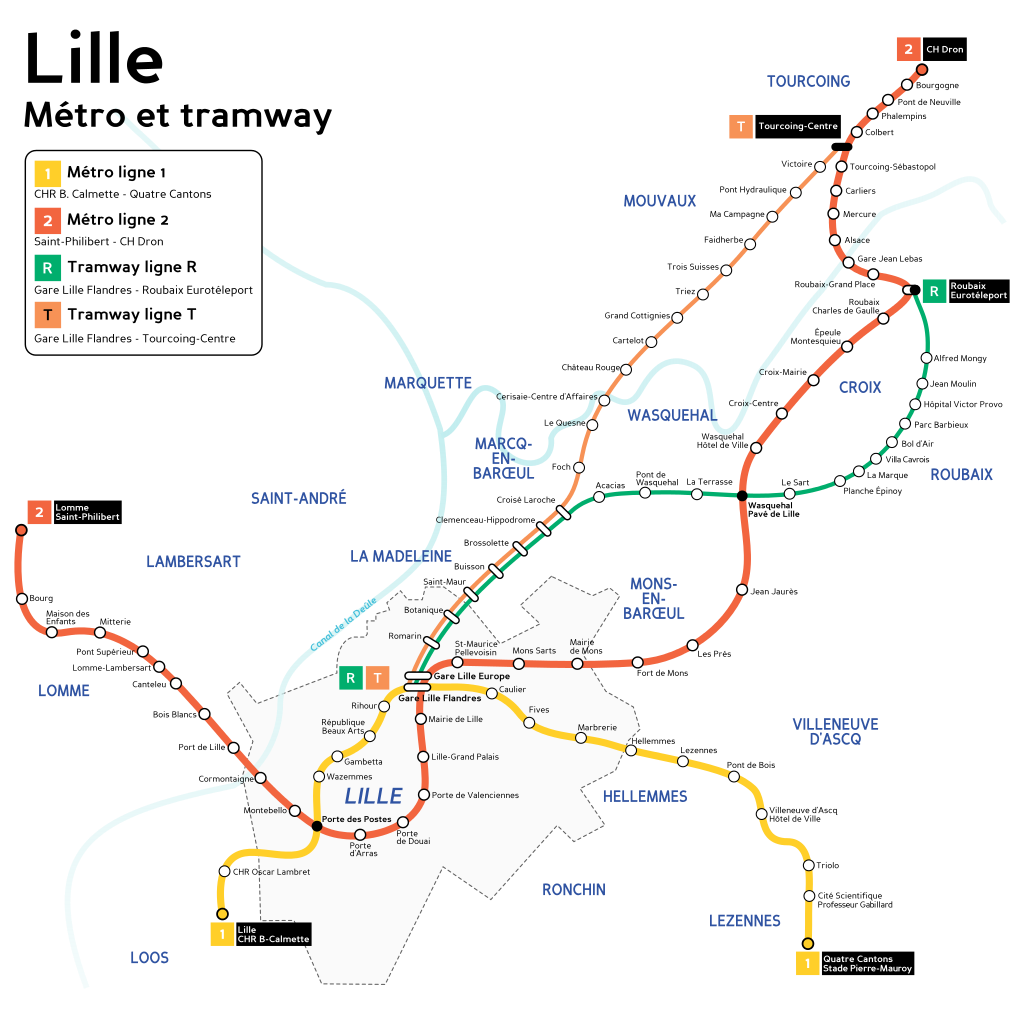
by Stefano Alfano




